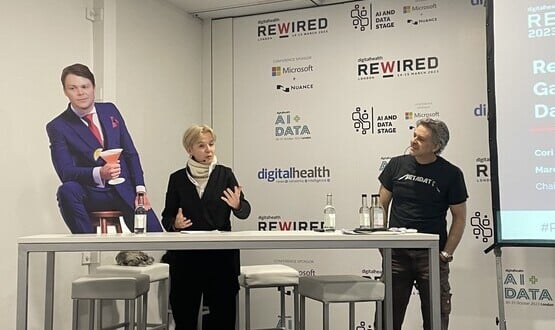NHS Direct to miss KPIs
- 15 December 2009
NHS Direct is to miss some of its key performance targets for the last three months of the year, after facing increased call volumes due to swine flu as well as staff shortages.
The national health helpline told EHI Primary Care that it had faced “major service challenges” since the start of the financial year but hoped to meet its key performance indicators by January.
Its latest board papers predict that key performance indicators that will be missed for the third quarter of the year include calls answered in 60 seconds, the call abandonment rate and Priority 2 calls started in 60 minutes.
The November papers report that NHS Direct is also facing “an increasing challenge” to meet its target on non-urgent calls started in 120 minutes and that it is ‘borderline’ on its delivery target for urgent and emergency referrals.
A spokesperson for NHS Direct said the swine flu pandemic led to significant growth in call volumes earlier in the year.
She added: “The mobilisation of the National Pandemic Flu Service on 27 July has meant that demand for the core service has returned to normal levels. But there are still some issues around our service performance as we manage the aftermath of the first wave and the current second wave.”
NHS Direct said it had a plan to urgently address and improve its service delivery that included the recruitment of more staff, improvements to scheduling, the streamlining of the assessment process for less urgent symptoms and the development of a website initial assessment tool.
The spokesperson added: “We expect front end and nurse call back targets to be met from January both for normal business and with increased volumes due to flu.”
A performance improvement report states that NHS Direct hopes to meet its nurse call back targets from the week beginning 11 January.
However it adds: “For December, we expect clinical performance to be patchy, with the peak weeks of 21/28 December and 4 January a particular challenge.”
Problems recruiting suitably qualified nurses to work as nurse advisers are also leading NHS Direct to test the feasibility of home working.
Board papers show that 11 part-time nurse advisers based in Plymouth started trialling home working last month, but it will be March 2010 before there is an evaluation of the project and potential further expansion.
A spokesperson told EHI Primary Care: “We have not yet reached a definitive view concerning its long-term potential or fully explored the practicalities of a change such as this and we are currently reviewing the financial and operational benefits by testing the concept on a smaller scale.”
The health helpline is keen to direct more of its enquiries to be dealt with over the internet. A spokesperson said an online initial assessment tool had been developed to make it quicker and easier for patients to contact NHS Direct during the winter.
She said NHS Direct also planned to develop 40 more self assessment tools following the launch of symptom checkers over the past 12 months for colds and flu, contraception, men’s sexual health and mental health.





